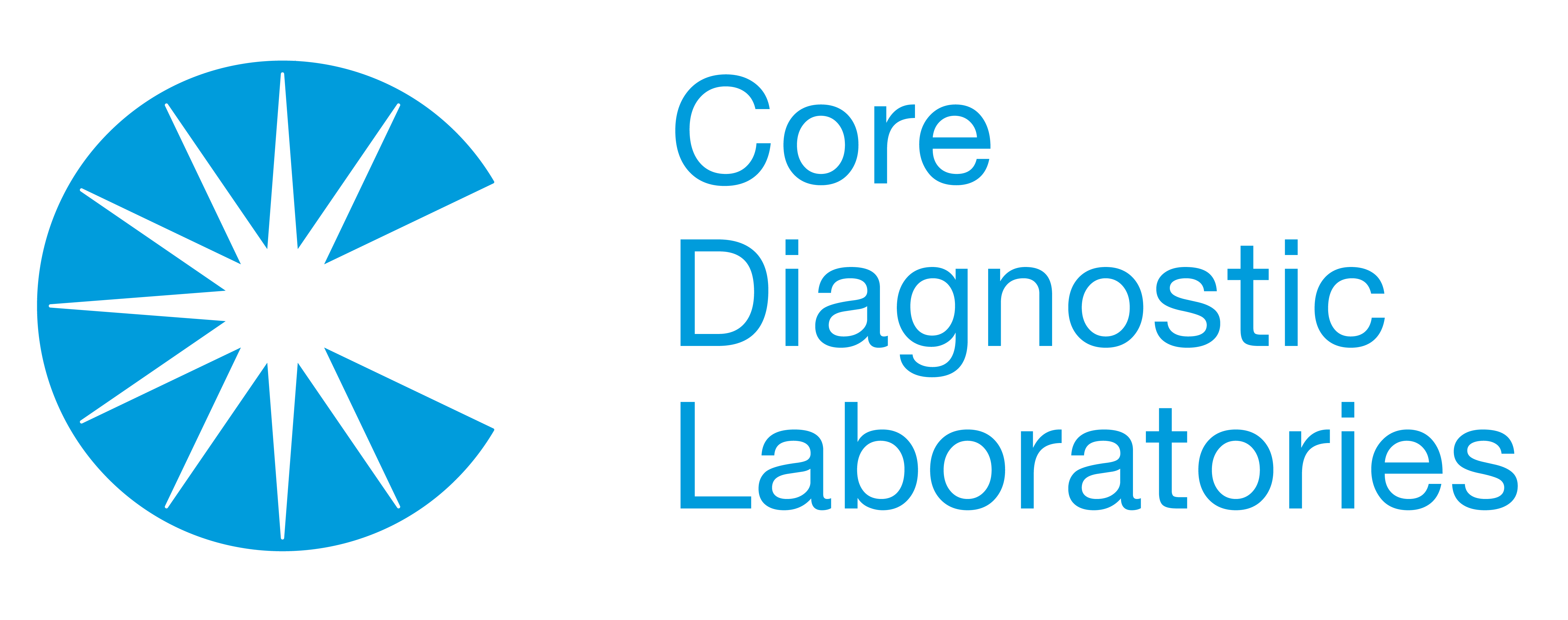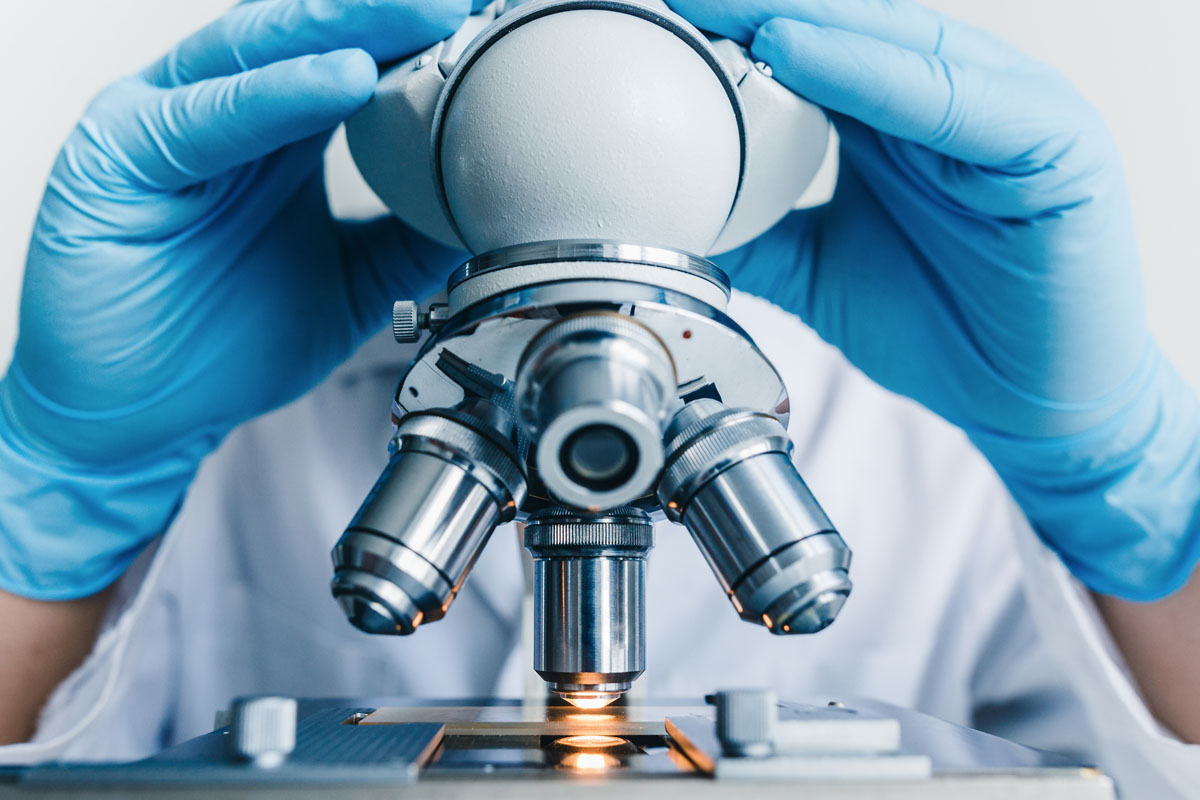Podiatry
PODIATRY
Onychomycosis is a common disease of the nail. It is the cause of roughly 50% of nail deformities and affects approximately 14-18% of people living in the USA.
Laboratory testing is important to aid in identifying the pathology of the nail deformation in order to determine a proper treatment plan. Since conditions of psoriasis and malignant melanoma can mimic the appearance of fungal infections it is very important to quickly and accurately diagnose conditions in order to treat them efficiently and effectively.
INFECTION RATES
Foot fungus infections are estimated to occur in over a billion people each year.
Research suggests that rates of infection are increasing. Fungi can infect almost any part of the body; however, these infections are most commonly observed in the skin and nails, mainly in the foot. Anyone can acquire these infections, but the elderly and critically ill are often the most common sufferers.
Every step of the process helps patients get back on their feet.
QUALITY, FAST
Nail fungal infections are known to be very common conditions, especially in the aging population.
However, bacterial infections and skin disorders can mimic the fungal presentation and may lead clinicians to choose ineffective treatment regimens. The diagnosis of nail infections can take up to 3-4 weeks with conventional techniques and the treatment protocols are complicated, costly and carry risks. A patient’s quality of life is negatively impacted for most individuals, and particular subsets of the population with diabetes and immunocompromised systems can experience significant complications leading to secondary infections and amputations.
WHEN SPEED MATTERS
Because efficiency and turnaround time are so important to physicians and their patients, Core uses quantitative polymerase chain reactions, called qPCR or Real-Time PCR.
qPCR is faster than traditional PCR and does not require post-amplification manipulation for bacterial or fungal identification. We target specific species through custom assays to accurately detect pathogens and can do so within hours of receiving samples. This type of testing greatly improves the length of time for specific detection and diagnosis versus using traditional cultures. The utilization of advanced molecular PCR technology has proven to be more sensitive and specific than culture results and can help clinicians rapidly identify the causative agent(s) before developing a treatment plan.

